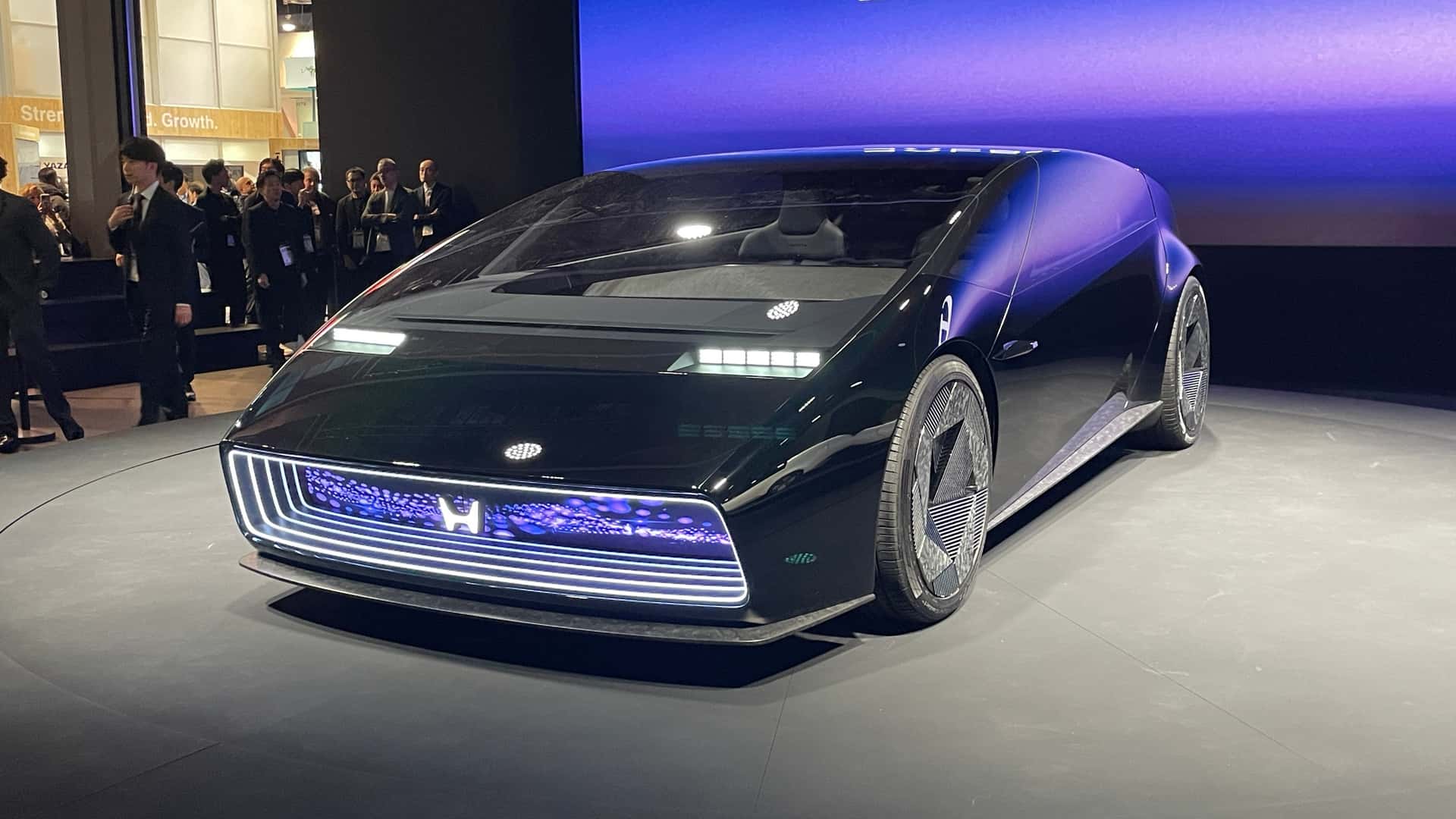Honda has pledged to invest $64 billion to develop seven bespoke electric vehicles, which it plans to launch by 2030 on its way to selling only EVs and fuel-cell vehicles after 2040. However, there doesn’t seem to be a consensus within the company that there is enough demand for EVs, which is reflected in its limited selection of available battery-powered models.
This is true for Japan’s home market but also for North America, where Honda sells two vehicles (the Prologue and the Acura ZDX), both of which are made by General Motors on the Ultium platform. Whenever Honda’s top executives come out to speak about selling fully electric vehicles, it always sounds like a mixed message that, in part, reaffirms the brand’s commitment to electrification while also suggesting it’s not yet convinced this is the way.



Not even just home charging. There are often options to plug in at most destinations, even if it is just 120V. Which if you’re spending a day or two is perfectly fine.
Folks often don’t consider just how long their car sits parked.
Eh, 120V recharges ~5mi in an hour on my car, whereas 240V gives ~21mi/hr.
Practically speaking, if I drive 200 miles in a day, I can recharge at 240V in under 10 hours, so overnight is generally enough. Charging at 120V would take ~40 hours. If I’m on a trip 200 miles from home, 120V charging is simply untenable and the 120V charge is just a stop gap to get me to a public fast charger.
For sure, a level 2 is much faster. My point was more if you go to say a cottage for the weekend, you’re still able to plug in there and would likely be close to full in the 2-3 days you’re parked there.
In my Ioniq 5, I’d be pretty much full with level 2 (240V) overnight, but the level 1 (120V) would only get around 20%. But, the slow charging isn’t too much of a concern if I’m staying somewhere for a couple days.
All I’m saying is that it’s possible to fuel your car nearly any time it’s parked.
It sounds like we’re on exactly the same page here and we simply have different usage expectations. We definitely agree on the value of being able to fuel the car anytime it is parked. One of the best things about EVs!
I tend to drive frequently to different attractions while on vacation, while it sounds like you might be the type of person who likes to get away to a cabin and try to avoid hustle and bustle for a few days. In your scenario the level 1 charging has plenty of time to do the job, whereas I’d have range anxiety the whole time because I’m usually on the go. 😅
If you had a daily driver EV that was smaller and met your regional range requirements, then rented a long range combustion vehicle for occasional excursions, you would still be saving a lot of money and carbon (plus NOx etc.).
It depends on your lifestyle in the end.
Agree that it depends on decision factors relating to my lifestyle. This may be an unpopular opinion around here, but I bought an EV for the performance, convenience, and maintenance advantages. Solving for decreased carbon emissions was not really a factor in the decision.
I don’t really buy into the “individual responsibility” argument that many environmentalists put forward as a solution. The solutions I consider most viable all require changing incentives at the societal level, such as subsidizing carbon free energy production, increasing taxes / decreasing tax breaks for petroleum products, etc. Stuff that impacts the way millions of people make decisions that impact the environment.
The statement you’re making probably isn’t factually incorrect, it just isn’t relevant to my situation.